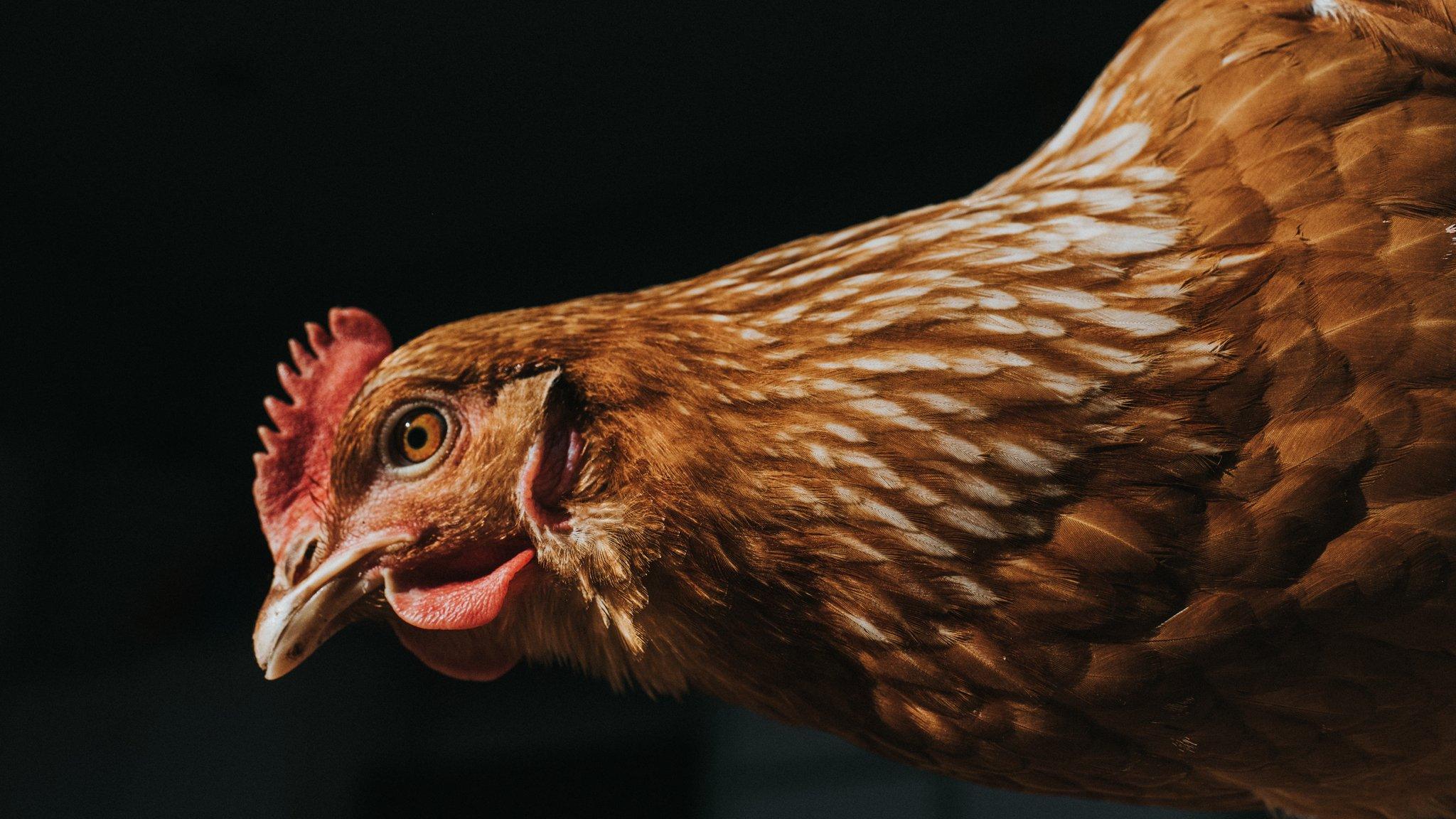Bird flu: People to avoid 23 small Scottish islands
- Published
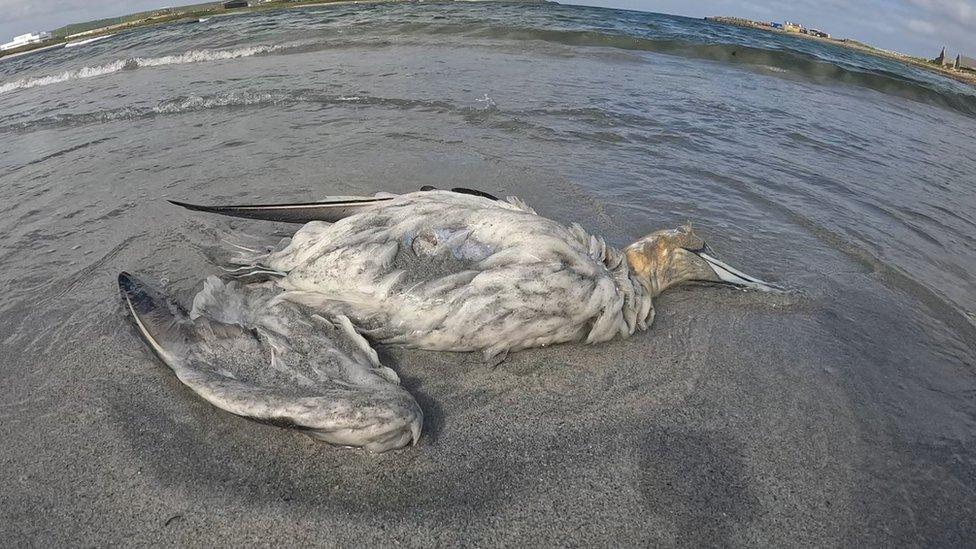
Gannets have been found dead in Shetland
People should stop visiting more than 20 small Scottish islands in a bid to limit the spread of bird flu, it has been announced.
The outbreak has seen large numbers of dead and dying seabirds being found.
Nature body NatureScot has now advised 23 islands across Scotland to stop public landings until chicks have fledged.
They are small islands in Orkney, Shetland, the Firth of Forth, Argyll, the Western Isles, and Highlands.
Visitors can still take boat trips to seabird colonies without coming ashore.
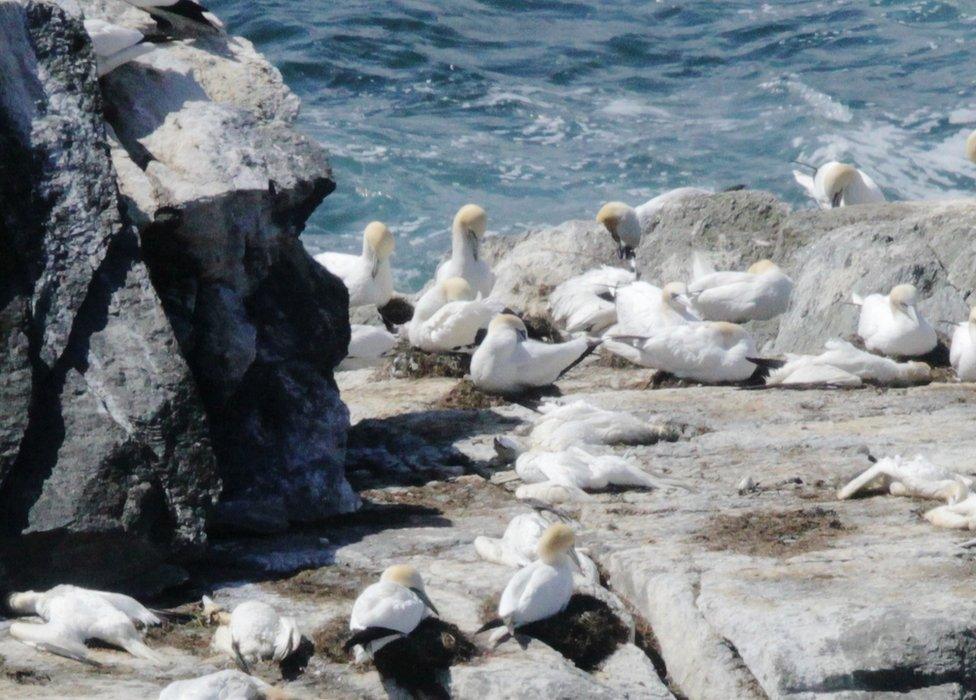
Hundreds of birds are dying in colonies
The islands affected
Until the end of August for breeding puffins, Arctic skuas and Arctic terns:
Orkney - Calf of Eday, Swona and Muckle Skerry
Firth of Forth - Craigleith, Inchmickery, Isle of May
Until mid-September for breeding great skuas, common terns, cormorants and fulmars:
Shetland - Noss
Argyll - Glas Eileanan (Sound of Mull)
Firth of Forth - Lamb and Fidra
Until mid-October for breeding gannets, storm-petrels and Manx shearwaters:
Shetland - Ramna Stacks and Gruney
Western Isles - Flannan Isles, North Rona and Sula Sgeir, St Kilda (Dun, Soay, Boreray, Stac an Armin and Stac Li - excluding the main island of Hirta)
Highland - Priest Island
Argyll - Treshnish Isles
Firth of Forth - Bass Rock
Eileen Stuart, NatureScot's deputy director of nature and climate change, said: "Restricting visits to these islands is not an easy decision, but we are increasingly concerned about the devastating impact avian flu is having in Scotland, particularly on our seabird colonies.
"Many of our Scottish islands are a haven for internationally important bird populations. With the avian flu crisis evolving so quickly, we have to respond to reduce the spread of this virulent disease.
"Tragically, this destructive disease could be with us for some time to come. In Scotland, with the new task force announced last week, we and our partners are committed to sharing our expertise and co-ordinating action on the ground."
Unprecedented outbreak
The virus is widespread across Scotland, with positive cases recorded in Shetland, Orkney, Outer and Inner Hebrides, Highland, Moray, Aberdeenshire, Angus, Fife, East Lothian and the Scottish Borders.
Seabird colonies at Noss, Hermaness, Hoy, St Kilda, Troup Head, Handa, Bass Rock and St Abbs have all been badly affected.
RSPB Scotland warned on Wednesday that the bird flu outbreak would not be going away anytime soon.
The charity said the "unprecedented" outbreak could have a catastrophic impact.
A Scottish government spokesperson described the latest outbreak of avian flu as the largest seen in the UK to date.
Public health advice is that the risk to human health from the virus is very low.
Related topics
- Published20 July 2022
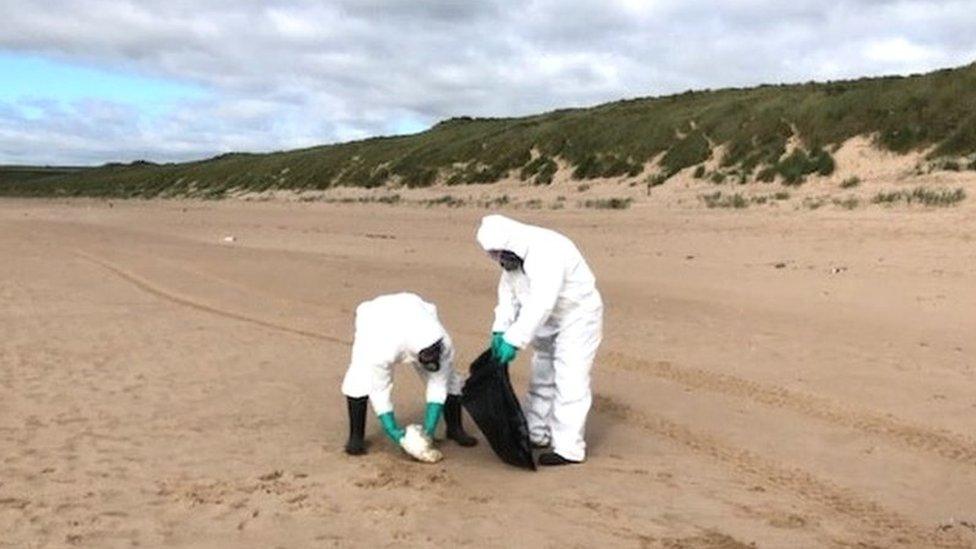
- Published14 July 2022
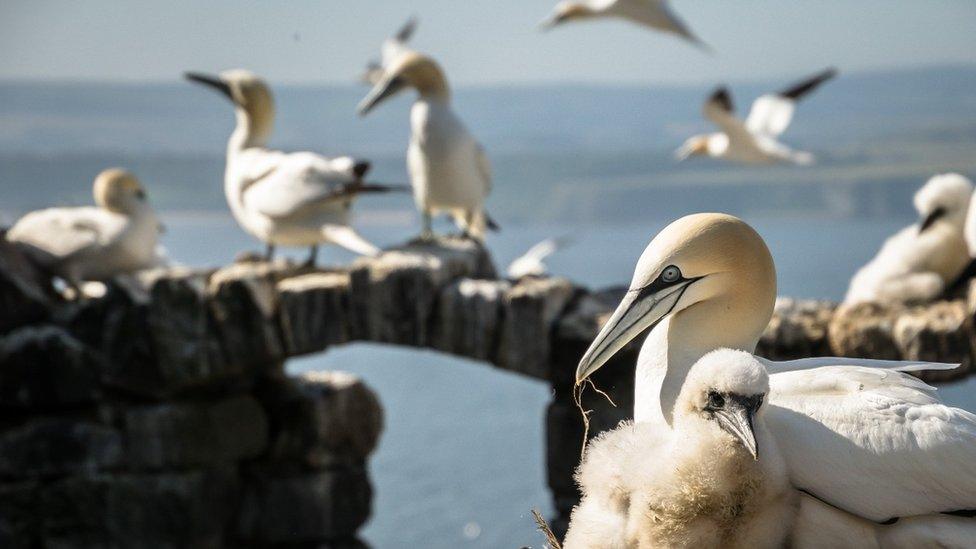
- Published8 June 2022
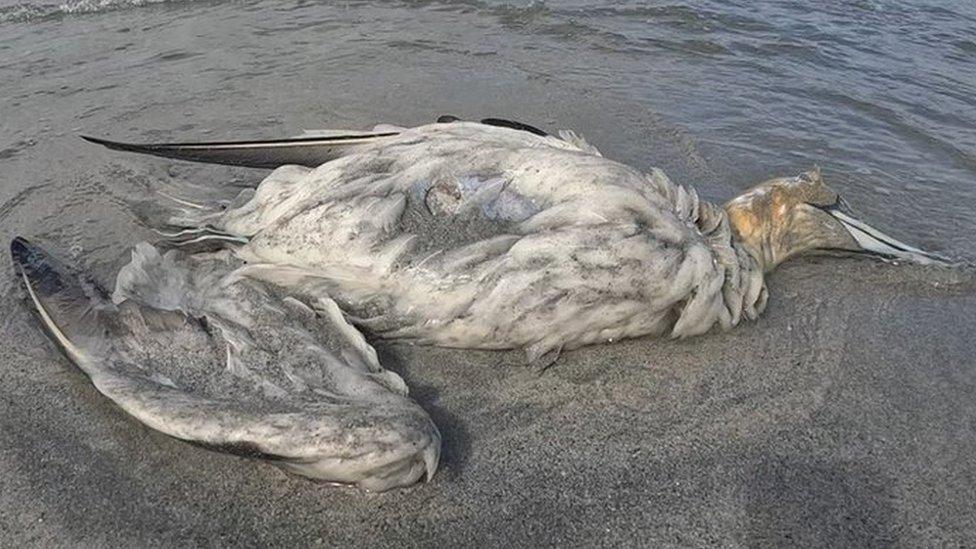
- Published7 June 2022
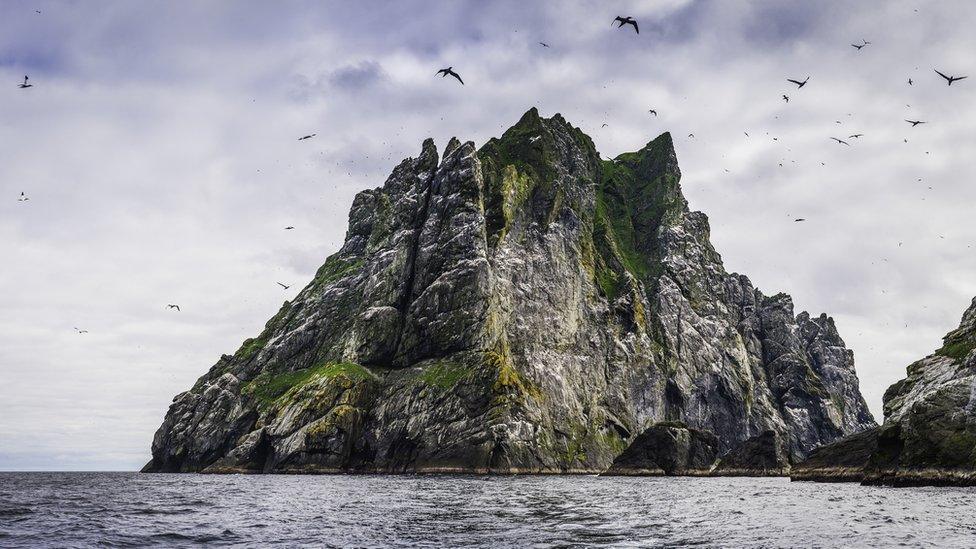
- Published6 June 2022
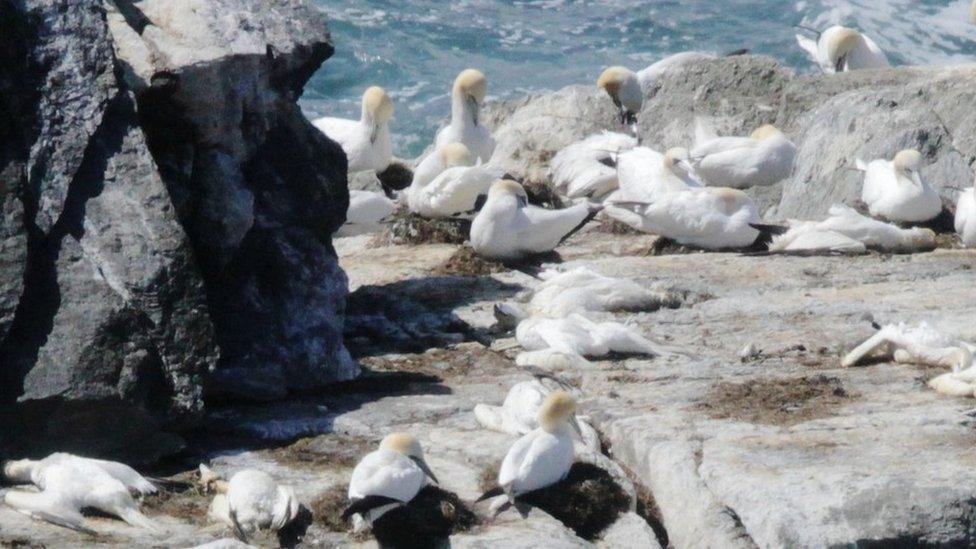
- Published13 May 2022
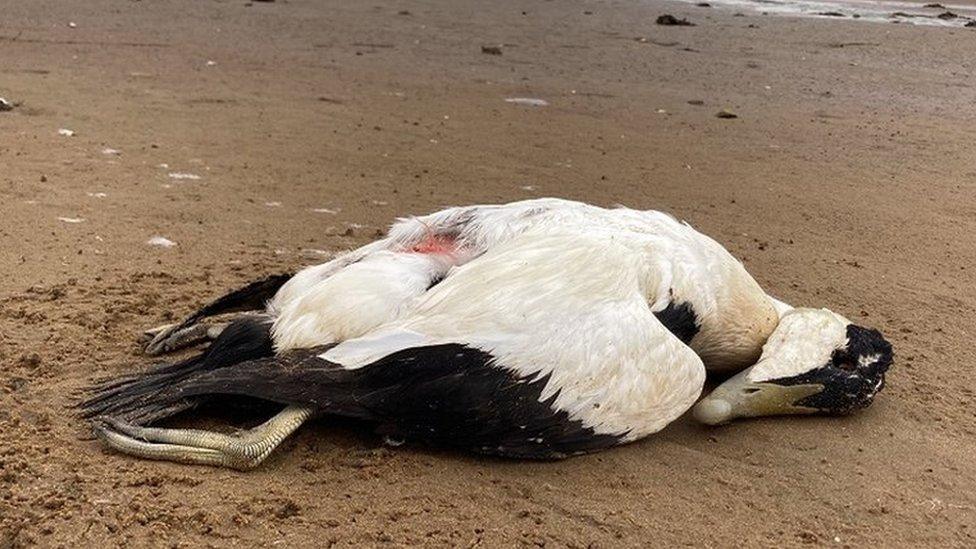
- Published20 January 2022
